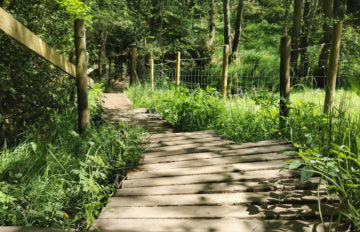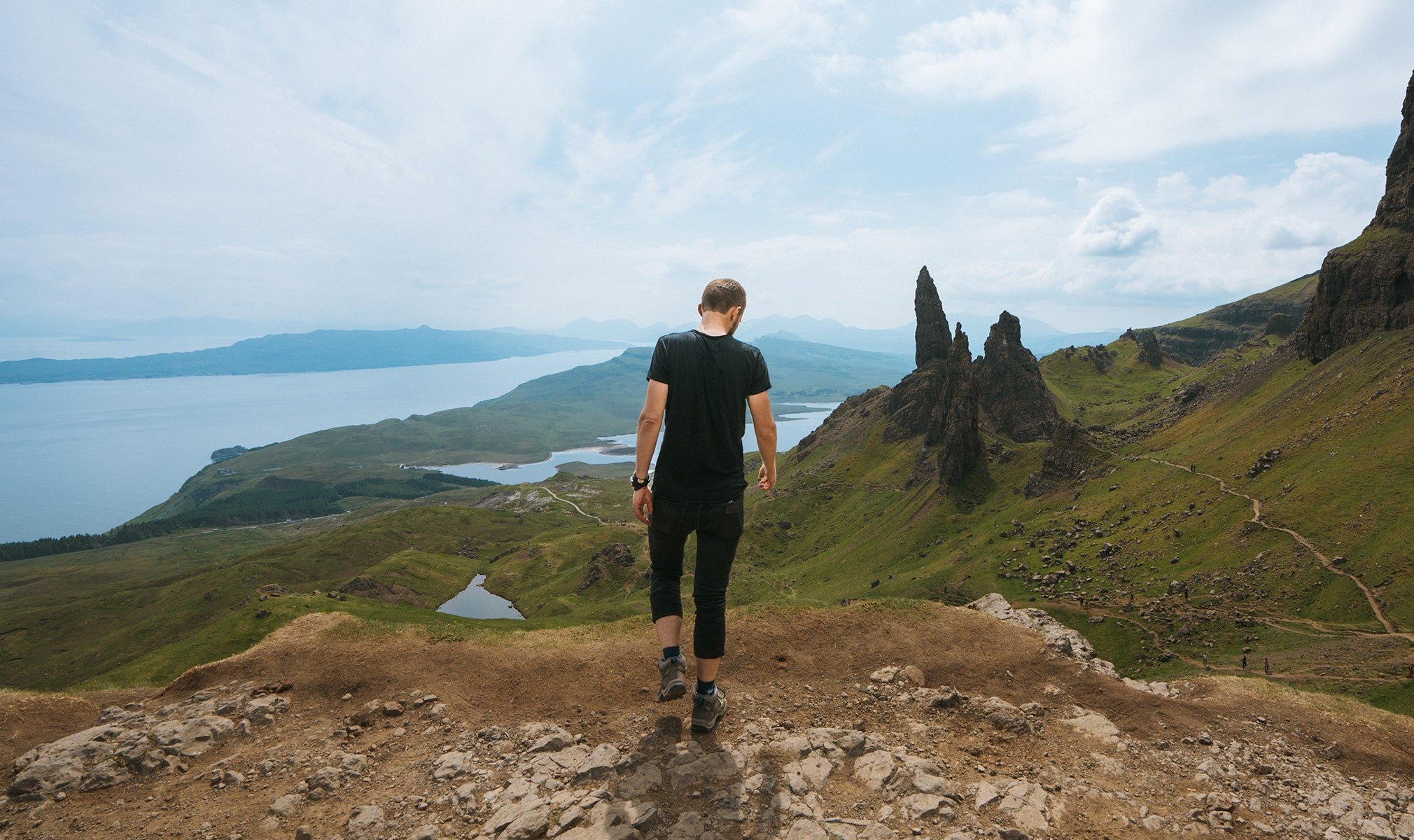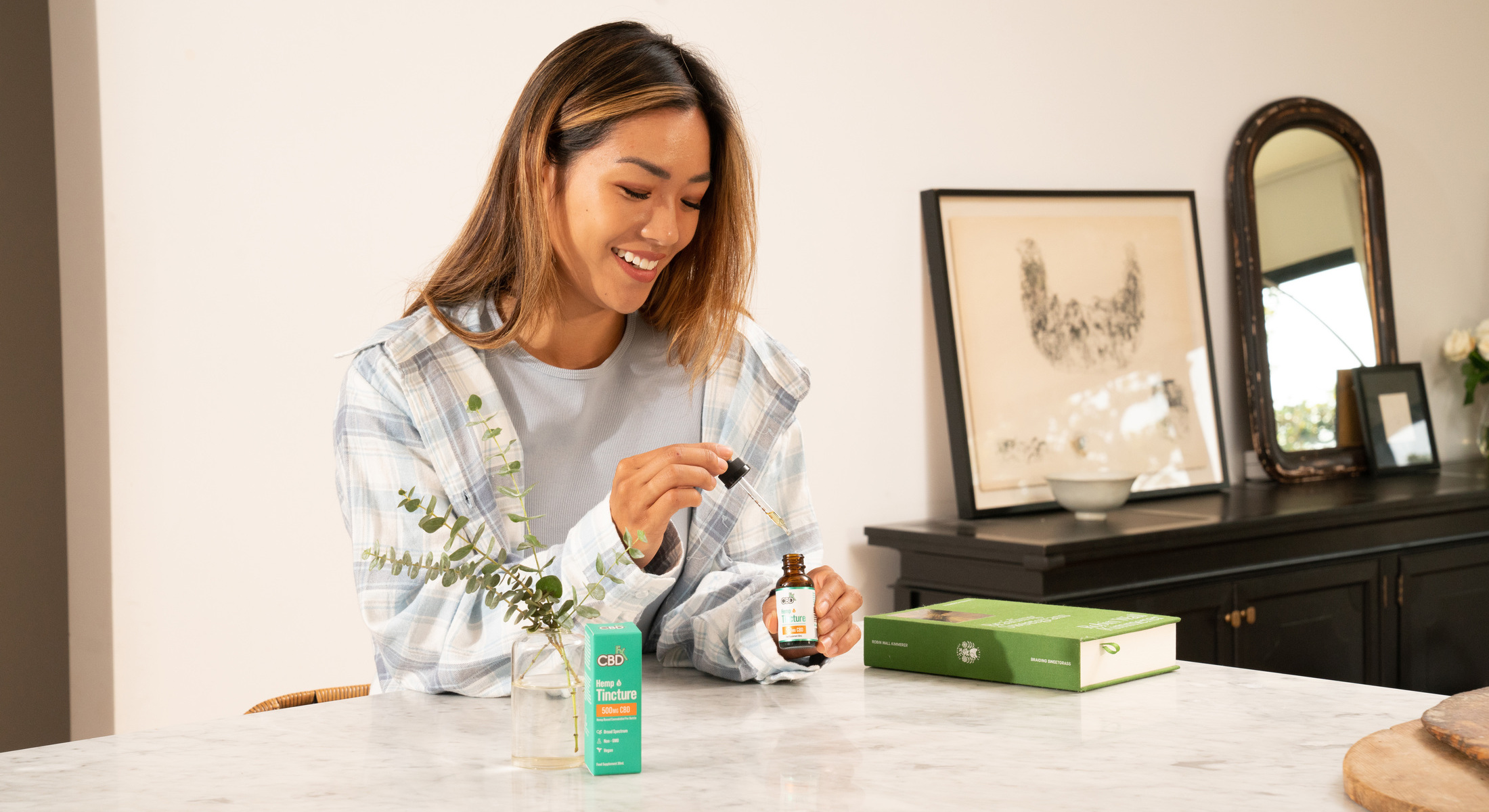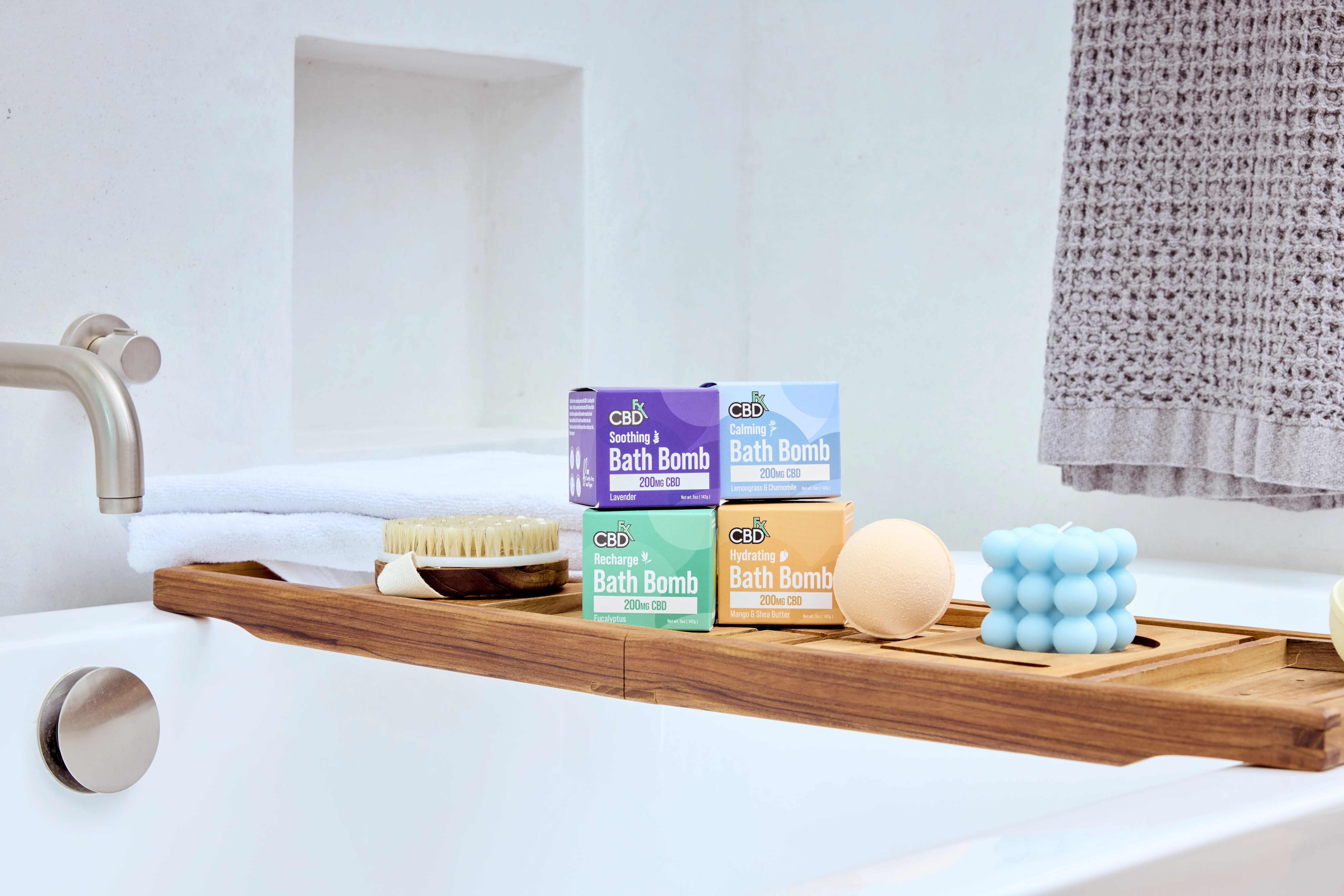Summer’s here and it’s time to get outside and enjoy every bit of it. A good hike is an ideal adventure to make the most of warm weather, longer days, and everything that nature has to offer.
While we often think of hiking as a destination-dependent activity that has to take place in some distant locale with a lot of gear and time, the truth is that many of us can make the most of a rejuvenating hike pretty close to home.
Whether you live in a rural area or a big, bustling metropolis, chances are you can find a hike close by.
Why hike? What are the benefits, and what’s the best way to do it safely? Let’s take a look.
Exercise Disguised as Vacation

The physical benefits of hiking are remarkable, and they come with the added bonus of getting you out of the gym.
Hiking is great for your heart, your muscles, and your bones. It helps you lose weight and build muscle.
The cardiovascular benefits of a good hike are on par with running. It increases your heart health, lowers blood pressure and cholesterol, and drops the risk of heart disease.
A mile of hiking can burn up to 500 calories, depending on your terrain and the weight you carry. Just three hikes a week can be an amazing way to drop weight without the boredom of a gym treadmill.
Hiking also boosts your bones. It’s a high-impact, weight-bearing exercise, and it strengthens bone tissue while increasing bone density.
It’s an amazing muscle builder. Hiking strengthens your core while working your hips, glutes, quads, hamstrings and calves.
And finally, it improves your balance. It boosts your sense of proprioception, which is the awareness of the movement and position of your body.
Walk Away From Stress
The great outdoorsman and naturalist John Muir said, “Going to the woods is going home.”
It’s no secret that nature is a proven remedy for stress and anxiety. The practice of forest bathing, which originated in Japan, is the art of simply spending time in nature and letting it do its healing work on the body.
Simply spending time in the forest has been shown to reduce stress and anxiety, strengthen the immune system, and even improve metabolic and cardiovascular health.
That might sound a little too good to be true, but it’s backed up by science. Forests have higher levels of oxygen than most places we normally spend our time, and they also have high levels of airborne phytoncides, which are compounds produced by plants to protect them from bacteria and insects.
When combined with hiking, this is a one-two punch of physical and mental care. Hiking lowers anxiety on its own, and it also puts our problems in perspective. When we pay attention to the grandness of nature, and let it inspire a sense of awe, we experience what scientist Paul Piff calls “a reduced sense of self-importance relative to something larger and more powerful.”
Time spent in nature can also improve your attention span and creativity.
The First Step
No matter where you live, you can find a hiking trail nearby. A recent international urban planning renaissance has created and maximized greenways and urban forests, making hikes in nature even more accessible. Online resources have indexed pretty much every hiking route in existence.
To get started, you’ll want to assess both your fitness level and the time you have available. Start slow and simple, and work your way up to more challenging trails.
Invest in some good shoes that fit properly, and be sure to wear quick-drying clothes. If you want to jump right into long treks involving backpacking and camping, be sure to research what gear you need to hike safely.
Find a hiking buddy. This is important for safety on the trail, plus having someone to share the outdoors with adds to the experience.
Taking Care of Yourself … and Nature
The key to a long, healthy, happy hiking practice is taking good care of yourself and the environment.
Listen to your body’s cues and take care of yourself. Rest, care for your muscles and joints, and drink plenty of water and consume enough calories.
Serious hikers call ibuprofen “Vitamin I” because they use it so much for inflamed joints and sore muscles. Antioxidants and anti-inflammatories are a must.
Just like runners and other athletes, hikers have to take care of their bodies, practicing stretching, rubdowns and massage. Lotions, balms and other topicals with CBD are popular among hikers for the combination of therapeutic CBD with other natural ingredients like willow bark, menthol, wintergreen and more.
Insects, snakes and wildlife are crucial considerations, especially in backcountry hiking. Insect sprays with DEET, plus long sleeves and pants help immensely. It’s also best to avoid resting on rotten stumps or logs. Be sure to look where you put your feet and hands and not rush blindly into overgrown areas where snakes might be resting in the shade.
The seven principles of the Leave No Trace ethic are vital to treating nature with the respect it deserves. These ensure that those who come after you can enjoy the outdoors as much as you, and also that we will continue to have beautiful natural spaces to enjoy.
The principles are:
- Plan ahead and prepare
- Travel and camp on durable surfaces
- Dispose of waste properly
- Leave what you find
- Minimize campfire impacts (be careful with fire)
- Respect wildlife
- Be considerate of other visitors
Hiking is a powerful fitness routine and mental health practice in one. It reconnects us with nature and our sense of wonder while strengthening our muscles, our hearts and our minds.
You don’t have to live near the Appalachian Trail to get started, and you don’t have to be a hardcore hiker to reap incredible benefits. Just get out there and take that first step.
Our soothing CBD muscle and joint cream and cooling CBD muscle and joint balm are handy and effective choices for hiking soreness.






